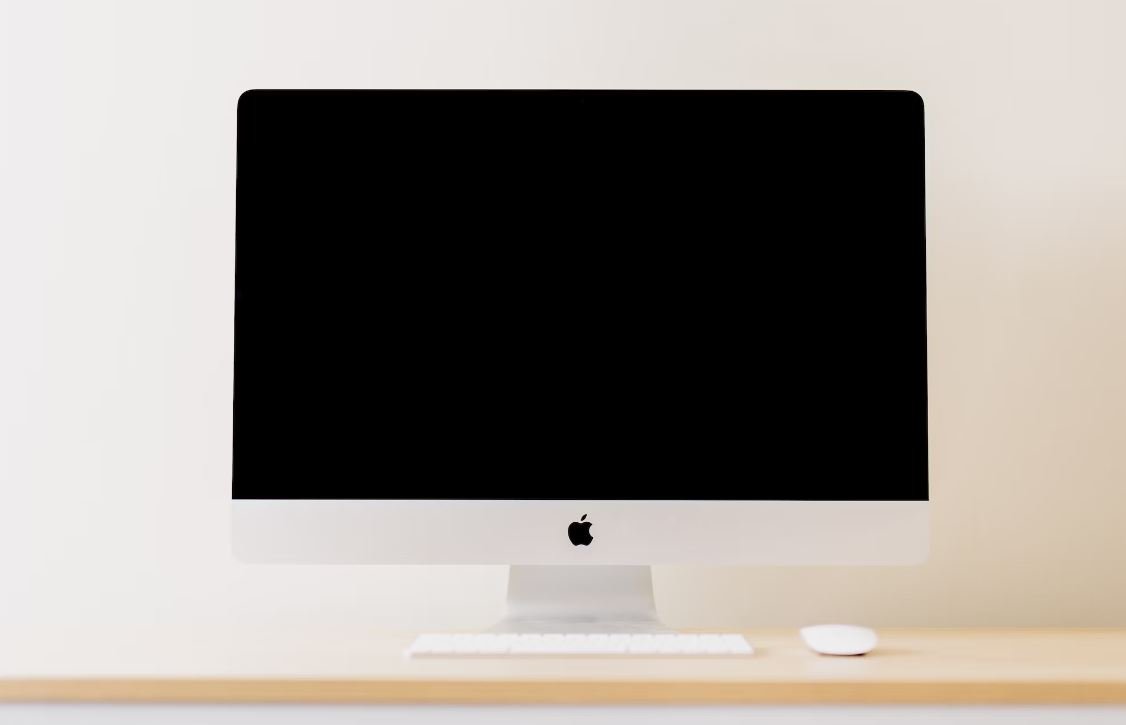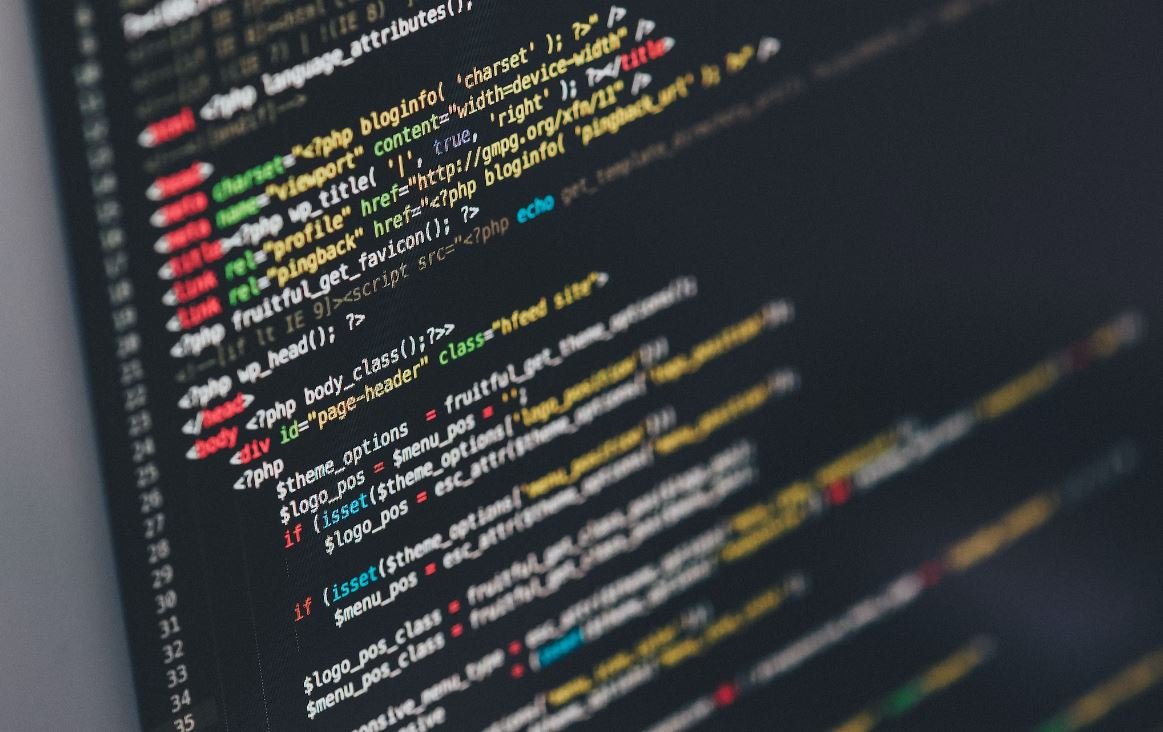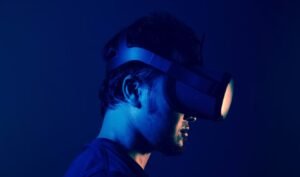AI for Film Production
Artificial Intelligence (AI) has revolutionized various industries, and the film production industry is no exception. AI tools and technologies have streamlined and enhanced various aspects of the filmmaking process, from pre-production to post-production. With AI, filmmakers can now create stunning visual effects, generate realistic virtual characters, automate video editing, and even analyze scripts for potential success. Let’s explore how AI is transforming the world of film production.
Key Takeaways
- AI tools are transforming film production by providing enhanced visual effects, virtual character creation, automated video editing, and script analysis.
- AI can significantly reduce costs and save time by automating repetitive tasks and enhancing efficiency.
- AI-powered tools enable filmmakers to push creative boundaries and explore new possibilities in storytelling.
- Human collaboration with AI technologies is crucial to ensure the human touch and artistic vision are retained in the final product.
Visual Effects and Virtual Character Creation
One of the most prominent applications of AI in film production is the creation of stunning visual effects and realistic virtual characters. *AI algorithms can analyze massive amounts of visual data to generate highly-detailed CGI (Computer Generated Imagery), allowing filmmakers to bring their wildest imagination to life. From realistic human-like characters to breathtaking environments, AI-based visual effects are pushing the boundaries of what is possible on the big screen.*
AI technologies are also enabling seamless integration of real actors with virtual characters, creating a blend of the real and digital worlds. With AI-powered tools, filmmakers can accurately map facial expressions and movements from real actors onto virtual characters, resulting in more authentic and believable performances.
Automated Video Editing
Another area where AI is transforming film production is in the realm of video editing. Traditional manual video editing is a time-consuming process, requiring hours of painstaking work to splice and arrange footage. *AI-powered video editing tools can automate certain aspects of this process, such as scene selection, color grading, and even creating dynamic cuts that align with the film’s rhythm.* This significantly reduces the time and effort required for post-production, allowing filmmakers to focus more on the creative aspects of storytelling.
Script Analysis and Predictive Analytics
AI can even analyze film scripts to provide valuable insights and predictive analytics to filmmakers. *Through natural language processing and machine learning, AI algorithms can analyze thousands of scripts to identify patterns and predict a script’s potential success.* This helps filmmakers make informed decisions about which projects to pursue, increasing the chances of creating successful films.
Moreover, AI can aid in the creation of tailored marketing strategies by analyzing audience preferences and identifying target demographics. This allows filmmakers to better understand their audience and create content that resonates with them, ultimately boosting the film’s chances of success at the box office.
The Role of Human Collaboration
While AI technologies offer remarkable advancements in film production, it is essential to emphasize the importance of human collaboration. AI tools should be viewed as creative aids rather than replacements for human talent and expertise. *Collaboration between AI technologies and human filmmakers ensures the integration of the human touch and artistic vision, resulting in a balanced and captivating final product.* By leveraging the power of AI, filmmakers can amplify their creative capabilities and explore new horizons while retaining the essence of human creativity.
AI in Film Production: A Bright Future
As AI continues to evolve and become more sophisticated, the possibilities for its applications in film production are boundless. With every passing day, new AI-powered tools and technologies are emerging, offering filmmakers more efficient ways to bring their stories to life. By leveraging AI for visual effects, video editing, script analysis, and overall creative enhancements, the future of film production is brighter than ever before.
| AI in Film Production Benefits | AI in Film Production Challenges |
|---|---|
|
|
The Future of AI in Film Production
The future of AI in film production is exciting and promising. In addition to the existing applications, AI is likely to be used for real-time motion capture, voice recognition, and even predictive analytics during filming. Here are some potential advancements we may see in the near future:
- Real-time motion capture for instant character animations.
- Voice recognition for automated dialogue replacement.
- Predictive analytics for real-time adjustments and optimizations during filming.
| AI in Film Production Advancements | Potential Impact |
|---|---|
| Real-time motion capture for instant character animations. | More efficient and dynamic character animation process. |
| Voice recognition for automated dialogue replacement. | Faster and more accurate dialogue post-production. |
| Predictive analytics for real-time adjustments and optimizations during filming. | Improved decision-making and enhanced creative control. |
*AI for film production is an ever-evolving field, and its potential to transform the industry is immense. With each technological advancement, filmmakers have more tools at their disposal to push creative boundaries and bring their visions to life. The partnership of AI and human creativity ensures that the world of film production will continue to thrive and captivate audiences for years to come.*

Common Misconceptions
Misconception 1: AI can replace human creativity
One of the common misconceptions about AI in film production is that it can completely replace human creativity. While AI can certainly assist and enhance the creative process, it cannot replicate or generate original ideas on its own. AI algorithms are trained on existing data and patterns, which limits their ability to produce truly innovative content.
- AI can analyze data and provide insights, but human creativity is still necessary to interpret and act on those insights.
- AI can automate repetitive tasks, freeing up time for filmmakers to focus on creative aspects.
- AI can generate suggestions and ideas, but it still requires human judgment and decision-making to determine their value.
Misconception 2: AI will take over all jobs in film production
Another misconception is that AI technologies will eventually replace all jobs in film production, leaving no room for human involvement. While AI can automate certain tasks and streamline processes, it cannot eliminate the need for human expertise and skills. Film production is a multidimensional and collaborative process that requires the artistic vision and emotional intelligence of human filmmakers.
- AI can assist in areas such as data analysis, visual effects, and post-production, but it still needs human supervision and direction.
- AI can handle repetitive and mundane tasks, allowing filmmakers to focus on more creative and complex aspects of their work.
- Film production involves human relationships, intuition, and emotional storytelling, which AI cannot replicate.
Misconception 3: AI can replace actors and create realistic virtual characters
Many people believe that AI can completely replace actors and generate realistic virtual characters. While AI can be used to create visual effects and enhance character animation, it cannot replace the nuanced performances, emotions, and human connection that actors bring to a film. AI-generated characters lack the ability to comprehend and convey complex emotions or adapt to unexpected situations.
- AI can assist in creating lifelike visual effects and enhancing character animation.
- AI can generate background characters or extras in crowd scenes, but leading roles require the depth and skill of human actors.
- The authenticity and depth of human performances cannot be replicated by AI.
Misconception 4: AI will automate the entire film production process
Some people mistakenly believe that AI will automate the entire film production process from ideation to distribution. While AI can automate certain repetitive tasks like data analysis and editing, the filmmaking process involves complex decision-making, collaboration, and creative interpretation that require human input.
- AI can automate specific tasks within the production process, such as data analysis, editing, and color grading.
- Collaboration, artistic vision, and the ability to make creative decisions are still essential for filmmakers.
- AI can streamline and optimize certain aspects of the production process, but it cannot replace the overall creative direction and decision-making of human filmmakers.
Misconception 5: AI will replace film critics and audience preferences
There is a misconception that AI can replace film critics and accurately predict audience preferences. While AI can analyze data and provide insights into audience behavior and preferences, it cannot fully comprehend the complex and subjective nature of human emotions, tastes, and cultural context.
- AI can analyze large volumes of data to identify patterns in audience preferences.
- Human judgment and expertise are necessary to interpret and contextualize the insights provided by AI.
- Film criticism involves subjective interpretation and analysis, which AI cannot replicate.

Introduction:
Artificial Intelligence (AI) has revolutionized various industries, and its impact on the film production industry is no exception. From scriptwriting and pre-production to post-production and distribution, AI has transformed numerous aspects of the filmmaking process. In this article, we explore 10 fascinating elements of AI’s role in film production.
1. Sentiment Analysis of Scripts
AI algorithms can analyze scripts to determine the overall sentiment of a story. By analyzing the choice of words, tone, and context, AI can provide invaluable insights into the emotional journey of a script, helping filmmakers craft compelling narratives that resonate with audiences.
2. Virtual Casting
Through AI-powered facial recognition technology, casting directors can identify actors who closely resemble the desired character descriptions. This technology enhances the casting process, saving time and broadening the talent pool.
3. Predictive Film Marketing
Using AI algorithms, filmmakers can predict the potential success of a film by analyzing social media trends, audience reactions, and demographic data. This allows for better marketing strategies and targeted promotional efforts, ultimately improving the film’s chances of success.
4. Automated Video Editing
AI can analyze raw footage and automatically generate well-edited sequences. By pinpointing the most engaging scenes, optimizing transitions, and applying visual effects, AI-powered editing tools streamline the post-production process, saving time and effort for filmmakers.
5. Enhanced VFX Creation
AI-driven tools have the capability to generate realistic and intricate visual effects, significantly enhancing the overall cinematic experience. By automating VFX creation processes, filmmakers can achieve stunning visual results that were once only possible with extensive manual labor.
6. Intelligent Sound Design
AI algorithms can analyze film scenes and generate adaptive soundtracks based on the mood, pacing, and other elements. This technology allows filmmakers to create immersive audio experiences that heighten the emotional impact of their films.
7. Automated Script Summarization
By utilizing Natural Language Processing (NLP) algorithms, AI can summarize lengthy scripts or screenplays into concise and comprehensible synopses. This helps streamline the script review process and provides quick access to key story elements.
8. AI-assisted Location Scouting
AI can analyze vast amounts of data, including images and metadata, to suggest ideal filming locations based on predefined criteria. This saves filmmakers time and resources by efficiently narrowing down potential locations that align with their creative vision.
9. Real-time Audience Feedback
AI-powered systems can analyze audience reactions during test screenings or premiere events, providing real-time feedback on the film’s strengths and weaknesses. Filmmakers can then make informed decisions on potential improvements before the film’s official release.
10. AI-driven Distribution Optimization
AI algorithms can analyze audience preferences, trends, and historical data to optimize the distribution strategy of a film. By identifying the most suitable release date, target markets, and promotional channels, filmmakers can optimize their film’s reach and maximize its impact.
Conclusion:
The integration of AI into the film production industry has transformed the way movies are made, from initial concept to final release. Through sentiment analysis, virtual casting, predictive marketing, automated editing, enhanced VFX, intelligent sound design, script summarization, location scouting, real-time audience feedback, and distribution optimization, AI empowers filmmakers to create more captivating and successful films. As technology continues to advance, the possibilities for AI in film production are limitless, promising an exciting future for the industry.
Frequently Asked Questions
What is AI in film production?
How does AI assist in film production?
What are the benefits of using AI in film production?
Can AI completely replace human filmmakers?
What are some AI technologies used in film production?
Can AI write scripts and create stories?
Does AI have any impact on post-production processes?
Are there any ethical considerations regarding AI in film production?
How can AI improve visual effects in films?
Is AI used in film production a recent development?




